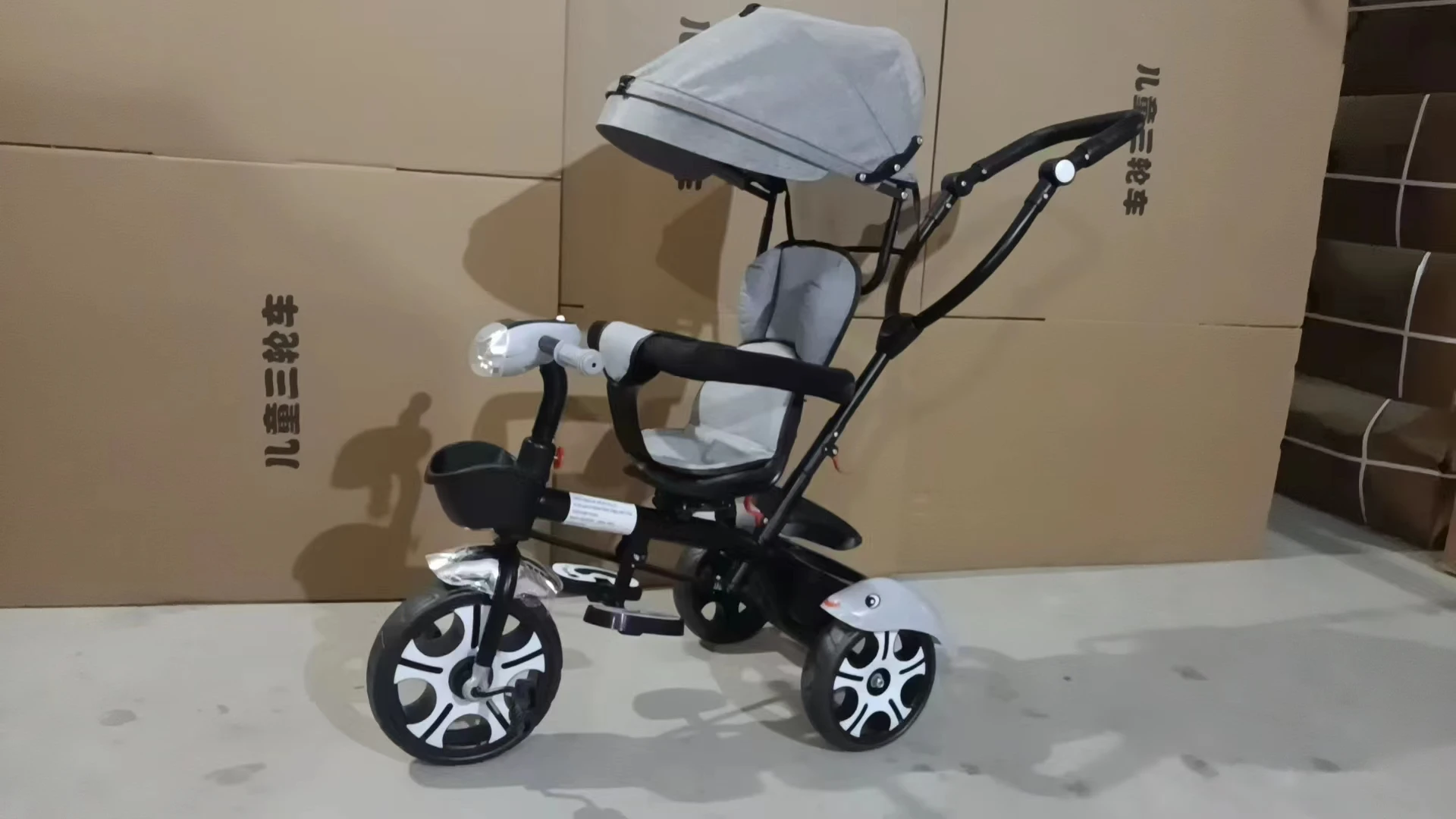
- Afrikaans
- Albanian
- Amharic
- Arabic
- Armenian
- Azerbaijani
- Basque
- Belarusian
- Bengali
- Bosnian
- Bulgarian
- Catalan
- Cebuano
- Corsican
- Croatian
- Czech
- Danish
- Dutch
- English
- Esperanto
- Estonian
- Finnish
- French
- Frisian
- Galician
- Georgian
- German
- Greek
- Gujarati
- Haitian Creole
- hausa
- hawaiian
- Hebrew
- Hindi
- Miao
- Hungarian
- Icelandic
- igbo
- Indonesian
- irish
- Italian
- Japanese
- Javanese
- Kannada
- kazakh
- Khmer
- Rwandese
- Korean
- Kurdish
- Kyrgyz
- Lao
- Latin
- Latvian
- Lithuanian
- Luxembourgish
- Macedonian
- Malgashi
- Malay
- Malayalam
- Maltese
- Maori
- Marathi
- Mongolian
- Myanmar
- Nepali
- Norwegian
- Norwegian
- Occitan
- Pashto
- Persian
- Polish
- Portuguese
- Punjabi
- Romanian
- Russian
- Samoan
- Scottish Gaelic
- Serbian
- Sesotho
- Shona
- Sindhi
- Sinhala
- Slovak
- Slovenian
- Somali
- Spanish
- Sundanese
- Swahili
- Swedish
- Tagalog
- Tajik
- Tamil
- Tatar
- Telugu
- Thai
- Turkish
- Turkmen
- Ukrainian
- Urdu
- Uighur
- Uzbek
- Vietnamese
- Welsh
- Bantu
- Yiddish
- Yoruba
- Zulu
Nov . 10, 2024 08:06 Back to list
How to Fine-Tune the Rear Derailleur on Your Mountain Bike for Optimal Performance
Adjusting a Rear Derailleur on a Mountain Bike A Comprehensive Guide
A mountain bike is a versatile and rugged vehicle, designed to tackle variable terrains and provide an exhilarating riding experience. However, like any machine, it requires regular maintenance to perform at its best. One of the most crucial components of a mountain bike is the rear derailleur, which is responsible for shifting the chain between gears. Proper adjustment of this component is essential for achieving smooth and efficient gear changes. This article will guide you through the process of adjusting the rear derailleur on your mountain bike.
Understanding the Rear Derailleur
Before diving into adjustments, it’s important to understand what a rear derailleur does. It is essentially a mechanism that moves the chain from one gear to another when you shift. The derailleur works in conjunction with the shifters on the handlebars and the cassette (the set of gears on the rear wheel). Ensuring that the derailleur is properly aligned and adjusted can prevent poor shifting performance, chain slippage, and excessive wear on your components.
Tools You’ll Need
1. Adjustable Wrench or Allen Keys Depending on your bike's specifications. 2. Screwdriver For fine-tuning adjustments. 3. Bicycle Stand Optional, but it makes the job much easier. 4. Lubricant for the Chain To keep everything running smoothly.
Step-by-Step Adjustment Process
Step 1 Inspect the Derailleur
Begin by inspecting the rear derailleur for any visible damage or excessive dirt. If it’s covered in dirt and grime, clean it with a damp cloth. Check to see if the derailleur hanger (the part that attaches the derailleur to the bike frame) is straight. A bent hanger can cause shifting issues.
Step 2 Set the High and Low Limit Screws
adjusting a rear derailleur on a mountain bike

The rear derailleur has two limit screws, usually marked as H (high) and L (low)
. These screws prevent the derailleur from moving the chain beyond the smallest and largest sprockets.- High Limit Adjustment Shift to the smallest gear on the cassette and the smallest chainring. Adjust the H screw so that the derailleur is aligned properly with the smallest sprocket. The chain should just clear the derailleur's guide pulley. - Low Limit Adjustment Shift to the largest gear on the cassette and the largest chainring. Adjust the L screw to ensure that the derailleur does not push the chain off the largest sprocket. The derailleur should be positioned so that it aligns perfectly with the largest cog.
Step 3 Adjust the B-Tension Screw
The B-tension screw controls the distance between the guide pulley and the cassette. Proper adjustment ensures that the derailleur functions efficiently across all gears. Shift to the largest gear and adjust the B-tension screw until there is a gap of about 5-6 mm between the guide pulley and the largest sprocket.
Step 4 Cable Tension Adjustment
With the bike shifted to the middle gear, check the cable tension by carefully working the shifter. If the derailleur does not move as you shift, or if it shifts too slowly, you may need to adjust the cable tension. Use the barrel adjuster, typically found on the derailleur or shifter, to fine-tune the tension. Turning it counterclockwise increases tension, while turning it clockwise decreases it.
Step 5 Test Ride
Once you have made all the necessary adjustments, take your bike for a test ride. Shift through all the gears to ensure they engage smoothly without any skipping or hesitation. If problems persist, revisit your adjustments as needed.
Conclusion
Adjusting the rear derailleur on your mountain bike is an essential maintenance task that can significantly enhance your riding experience. With a few simple tools and careful attention to detail, you can ensure smooth and efficient gear changes. Regularly checking and tuning your derailleur will not only improve your bike's performance but also prolong the life of your components, allowing you to tackle any trail with confidence. Happy riding!
-
The Ultimate Kids' Four-Wheeler Experience
NewsJul.09,2025
-
The Ultimate Guide to Mountain Bikes: Gear Up for Your Ride
NewsJul.09,2025
-
The New Age of Cycling: Electric Bikes for Every Rider
NewsJul.09,2025
-
The Best Kids Bicycles: Ride in Style and Safety
NewsJul.09,2025
-
The Best 3-Wheel Scooters for Kids: Fun, Safety, and Adventure
NewsJul.09,2025
-
Revolutionize Your Ride: Affordable Electric Bikes
NewsJul.09,2025
-
Finding the Perfect Mountain Bike for Every Rider
NewsJul.09,2025



